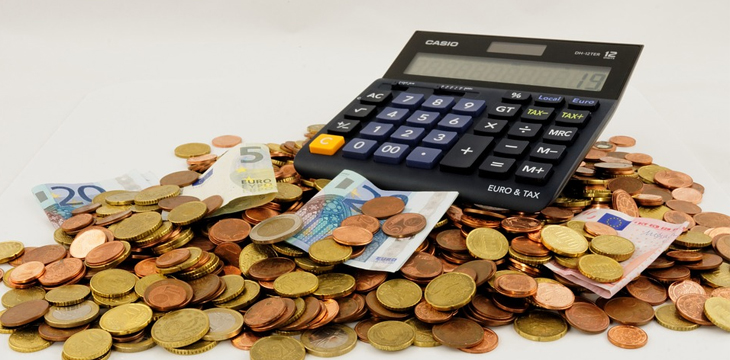|
Getting your Trinity Audio player ready...
|
Members of France’s National Assembly, deliberating on the country’s 2019 budget, rejected several proposals to clarify taxation for cryptocurrencies, local media reported.
According to Journal du Coin, Representative Pierre Person had sought several amendments, one of which would have distinguished between occasional traders and day traders of cryptocurrencies, similar to how traders of stocks are classified. Such a provision would have favored regular traders, but was not included in the budget bill on second reading.
Reacting to such a rejection, Alexandre Stachtchenko, president of French blockchain association La Chaintech, told French magazine Capital that traders will be less willing to declare their investments properly, or may leave for elsewhere.
Another proposal was to clarify that cryptocurrency proceeds are only to be taxed upon transfer to one’s bank account rather than upon conversion to fiat on a cryptocurrency exchange. The same proposal was pushed by Rep. Laure de la Raudière in a separate amendment.
Another member of the Assembly, Eric Bothorel, had moved to raise the tax-deductible amount for cryptocurrencies from €305 ($348) at present to €5,000 ($5,700). Person only went as far as €3,000 ($3,420) in his proposal, but this made no difference, with Finance committee general rapporteur Joël Giraud reportedly saying that €305 was “already quite favorable.”
The last rejected proposal was for capital gains to be taxed similarly as securities. Giraud said there would be ample time for amending the current law if cryptocurrencies did become a more traditional means of financing ventures.
Stachtchenko said that in spite of such a setback, which he characterized as political in nature, his group will keep pursuing reforms, and not just those dealing with taxation.
Among proposals not tackled yet is for cryptocurrencies to be taxed at a flat 30% rate, lower than the current 36.2%, which consists of 19% in capital gains tax and 17.2% levied for ‘social contributions.’ The capital gains tax rate had been previously lowered in April from 45%.
Two members of the National Assembly, including Rep. Raudière, are pushing for several reforms to promote blockchain technology in the country, including a €500-million ($570-million) blockchain fund, and lower power rates for cryptocurrency miners who set up shop in the country. Rep. Raudière, along with Rep. Jean-Michel Mis, intend to place the blockchain fund among national budget allocations, starting in 2020.

 02-20-2026
02-20-2026 




